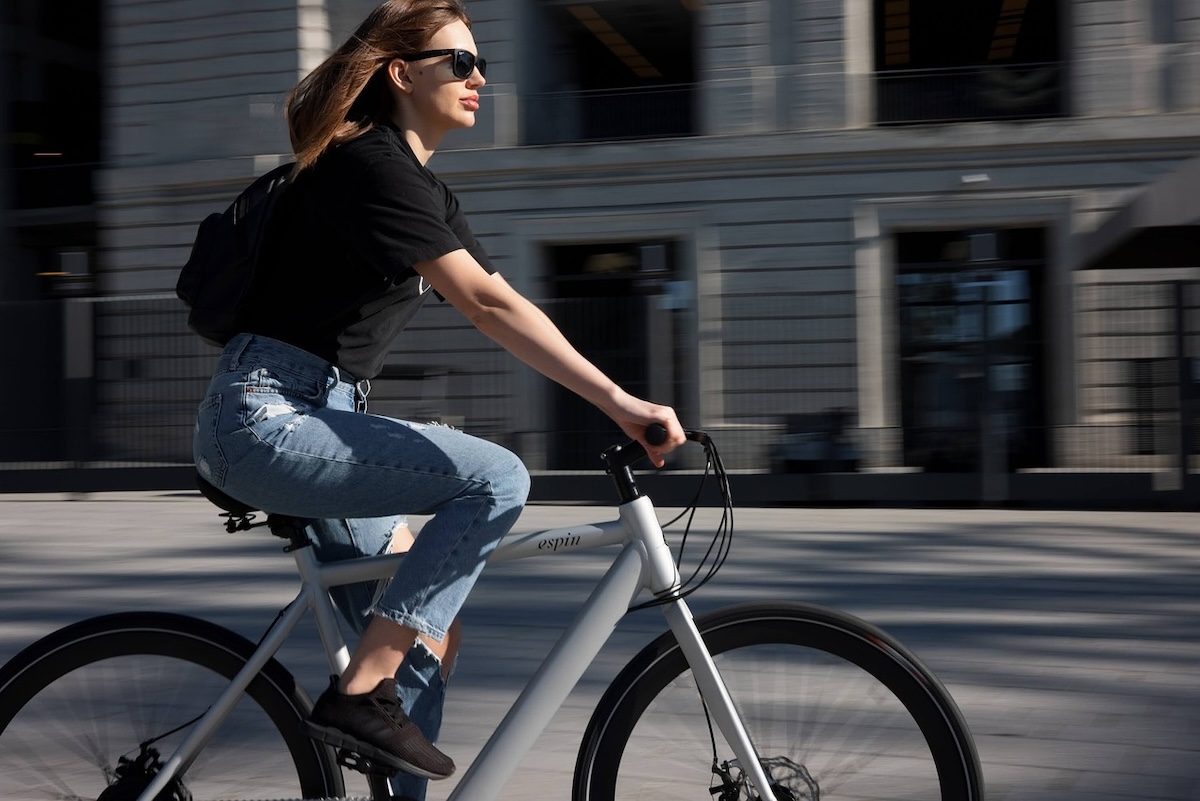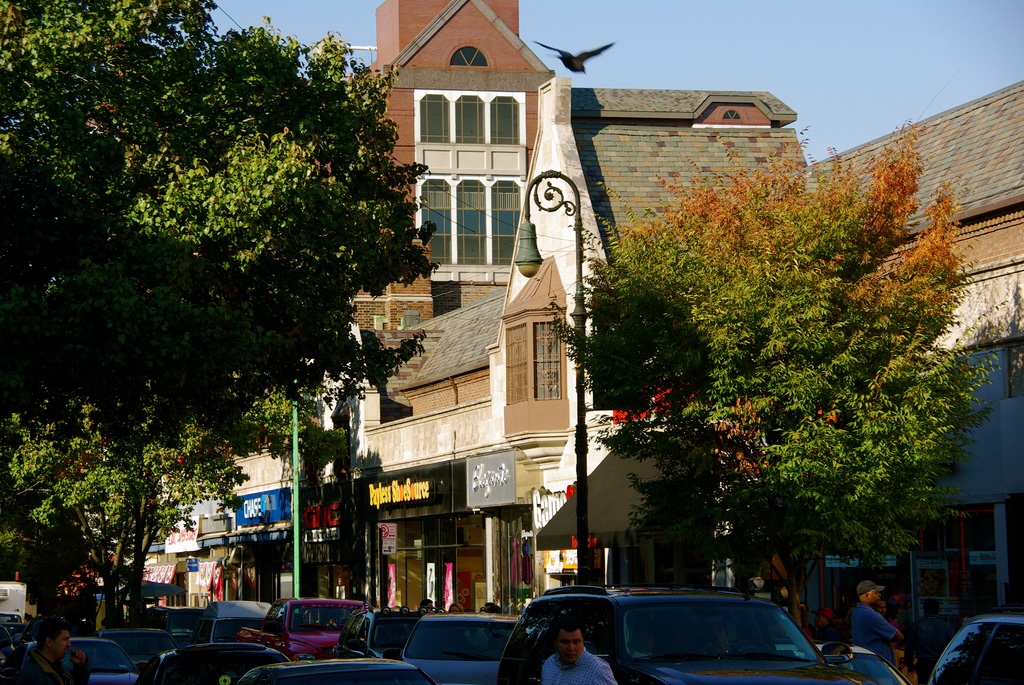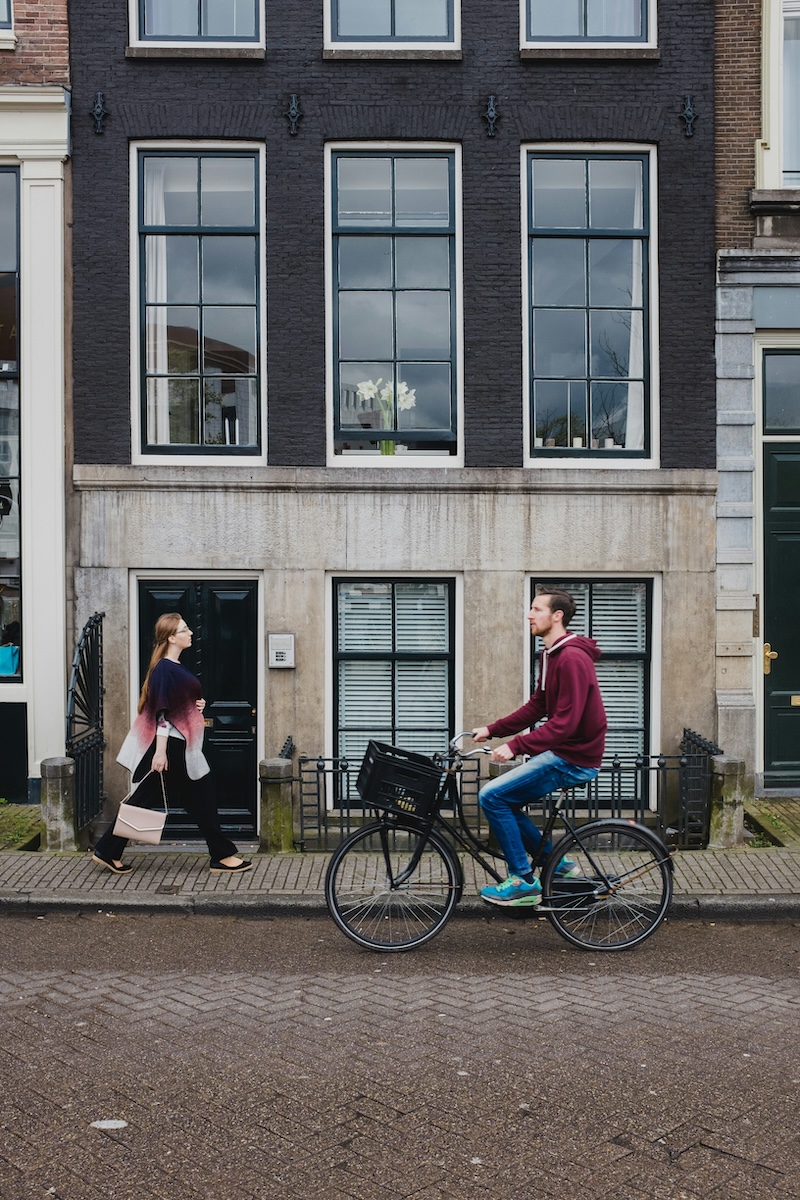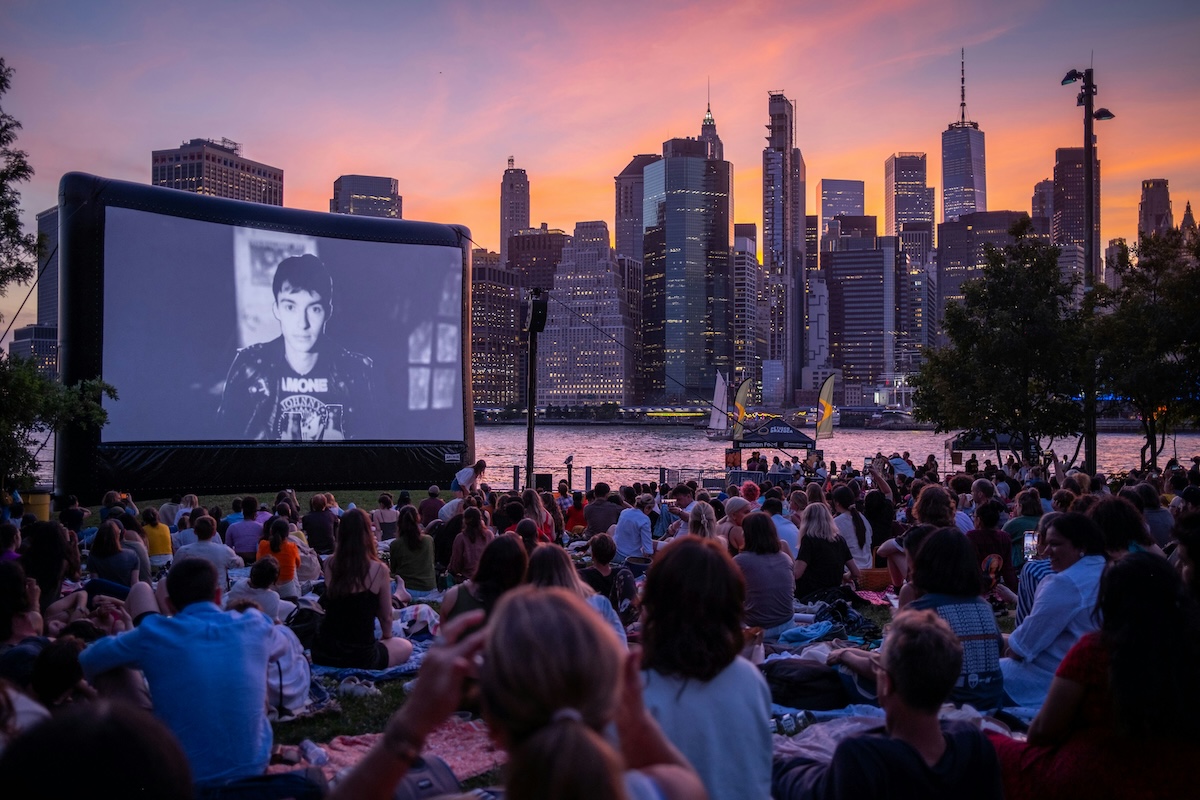
How to Save Money in a Big City: 5 Ways to Live Cheap & Well in New York City, London, Singapore & Beyond
By: Nick Callos
Skip to Section
Article Summary
Big city living doesn’t have to drain your bank account – you just need to be smarter than the city trying to pick your pockets at every corner.
You’ll learn five concrete ways to keep more cash in your wallet while living in expensive metros, from finding neighborhoods that don’t cost your firstborn to ditching your car and actually using those legs. The guide shows exactly how much you can save with each strategy (we’re talking up to $81,000 per year if you play your cards right), plus smart tips like hunting down free entertainment and never, ever paying full price for anything.
- Find cheaper neighborhoods using tools like Zillow and AreaVibes – save $500-$1,000 monthly just by moving a few subway stops away
- Ditch your car and take public transit – NYC MetroCard costs $1,584/year vs. $1,000+ just for parking
- Free entertainment exists everywhere – D.C. has world-class museums that cost exactly zero dollars
- Use Groupon, happy hour finders, and Restaurant.com to cut entertainment costs by 25-50%
- Side hustles can add $500-$5,000 monthly to your budget – from ESL teaching to freelance writing
Where’d all my money go?
That’s a common question when living in a big city.
After all, large metro areas are more expensive than smaller cities, towns and rural areas. Even if you’re living in the cheapest big city, it’s still pricey.
Plus, inflation has hit hard the past few years, with prices having jumped 21.2% since early 2020 (according to Bankrate data). Paying for everyday essentials, housing, insurance, and other bills has become a burden for far too many.
Yet there are ways to make things easier. If you’re wondering how to save money in a big city, you’ve come to the right article. Here, we’ll cover five ways to live cheap in a big city.
- Searching for the cheapest big city or want to live in a more affordable smaller town? Check out our guide to the Best Geoarbitrage Cities in the USA.
1. Live in a nice, cheaper neighborhood

Photo by Marcuswoollen on Wikimedia Commons
If you’re wondering how to save money in a big city, know your best option is to find a good, affordable neighborhood to call home. Try the following strategy:
- Ask local experts about nice neighborhoods that aren’t expensive.
- Use resources like Zillow’s rent comparison tool to find out where housing prices and rents are cheaper in your city.
- Use sites such as Niche.com to research the quality of schools and neighborhoods.
- See if the neighborhood offers access to the amenities you want or need, such as gyms, parks, libraries, pools, etc.
- Search on AreaVibes.com to analyze crime rates in certain neighborhoods.
- Take time to visit the neighborhood yourself and see if it’s the right match for you.
By doing the extra research, both online and on the ground, you can find a nice, safe, affordable neighborhood in town. For instance, if you live in Manhattan, you may find that the Jackson Heights, Queens neighborhood offers the dining, nightlife, diversity, transportation and green space you need—at a much lower cost than most Manhattan neighborhoods.
- Potential savings: $500—$1K+ monthly ($6K to $12K per year)
2. Do NOT use a car in the big city

Photo by Luis Efigenio on Unsplash
Owning a car in a big city gets awfully expensive. If you want to know how to save money in a big city, a second tip would be to ditch the car. Opt for public transportation, ride-sharing, walking and cycling instead, and you’ll save lots of cash.
In New York City, for example, it costs at least $1K and up to $2K per year to own a vehicle. This only counts parking, other fees and average insurance costs. It doesn’t even include gas and car payments.
However, if you forgo the private car and take the subway and bus, your wallet will thank you. A 30-day unlimited MetroCard in NYC is $132 (as of late 2024), or $1584 yearly.
- Potential savings: $200—$300+ monthly ($2.4K to $3.6K per year)
3. Make use of FREE entertainment

Photo by Stephen McFadden on Unsplash
Did you know the average price of a ticket to an NFL game is $377? That’s just absurd.
Spending on entertainment can end up destroying budgets. But it doesn’t have to.
When learning how to save money in a big city, you should research the best free things to do around town. For example, if you reside in Washington D.C., some of the best things to do are free. You could:
- Tour the Smithsonian Museums
- Check out the Library of Congress
- Walk through historic Georgetown
- Encounter amazing works at the National Gallery of Art
Once you get in the habit of enjoying free entertainment, like picnics in the park and hikes in the woods, you’ll quickly see how much money it saves you.
- Potential savings: $100-$250+ monthly ($1.2K to $3K per year)
4. Stay on top of specials when you go out

Photo by Giovanna Gomes on Unsplash
It’s all about the deals. There’s no reason to pay full price—ever!
To always save money on activities, consistently check:
- Coupon sites such as Groupon and LivingSocial
- Social media and websites of your favorite eateries, bars, and more
- Sites like Restaurant.com for exclusive deals and discounts at dining establishments
- Local deal finders, such as the Happy Hour Finder on the Downtown LA Alliance site if you live in Los Angeles
By staying on top of specials, you can cut your entertainment spending by 25-50%, while still enjoying a night out on the town.
- Potential savings: $50—$200+ monthly ($600 to $2.4K per year)
5. Increase income with a side hustle
When learning how to save money in a big city, you may simply be going off your existing income to budget. Well, that income can be increased by freelancing, running a business or working part-time at another job.
There are plenty of side hustles you can do to earn extra income, including:
- One of our recommended semi-retirement jobs such as ESL teaching or customer support
- Freelance writing for businesses and organization
- Running an e-commerce shop
You could even double your income if you have another full-time job. Yes, it’s possible—read our Overemployment Guide.
- Potential budget increase: $500-$5K+ monthly ($6K to $60K per year)
Now that you know how to save money in a big city, do it!
We hope this article has taught you more about how to save money in a big city. Also, we hope it showed you the impact of these budget strategies.
If you calculate the potential savings or budget increase from these 5 methods, you can improve your budget by anywhere from $16,200 to $81,000 per year.
Yes, the positive impact on your budget can be tremendous, and it can set you up better for long-term financial health. All that’s left to do now is implement this strategy and start living well on the cheap.
About the Author
Nick Callos has always had a passion for reading, writing, and discovering the new and unknown. Originally from Cincinnati, Ohio, Nick holds a Bachelor’s Degree in English from Boston College. He currently splits his time between his hometown, Chengdu, China, and the open road. A full-time travel writer, Nick hopes his work can inspire others to explore the world more deeply and enjoy the digital nomad lifestyle.Featured image by u_d7hddm5o from Pixabay
Information published on this website and across our networks can change over time. Stories and recommendations reflect the subjective opinions of our writers. You should consult multiple sources to ensure you have the most current, safe, and correct details for your own research and plans.
Frayed Passport is a participant in the Amazon Associates Program, an affiliate advertising program designed to provide a means for sites to earn advertising fees by advertising and linking to Amazon.com. We also may share links to other affiliates and sponsors in articles across our website.





